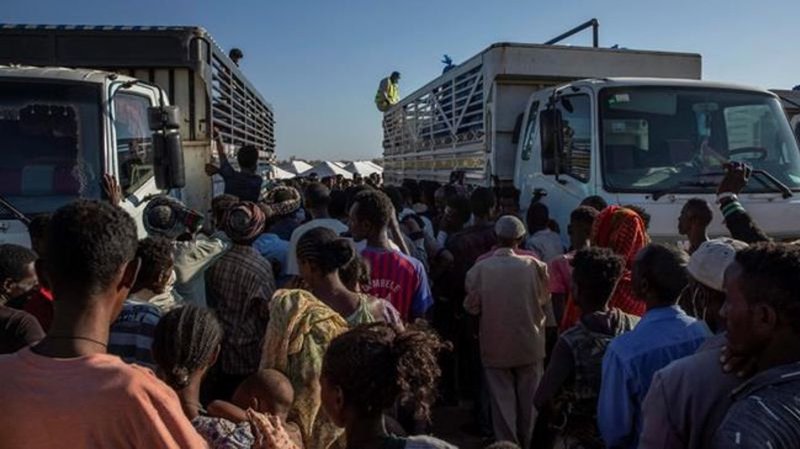
UN: Pandemic to fan surge in humanitarian needs in 2021
GENEVA — The U.N. humanitarian office says needs for assistance have ballooned to unprecedented levels this year because of COVID-19, projecting that a staggering 235 million people will require help in 2021.
This comes as a result of the coronavirus pandemic and global challenges including conflicts, forced migration and the impact of global warming.
The U.N. Office for the Coordination of Humanitarian Affairs, or OCHA, expects a 40% increase in the number of people in need of such assistance in 2021 compared to this year — a sign that pain, suffering and torment brought by the coronavirus outbreak and other problems could get worse even if hopes of a vaccine are rising.
OCHA made the projections in its latest annual Global Humanitarian Overview on Tuesday, saying its hopes to reach 160 million of those people in need will cost $35 billion. That’s more than twice the record $17 billion that donors have provided for the international humanitarian response so far this year — and a target figure that is almost certain to go unmet.


